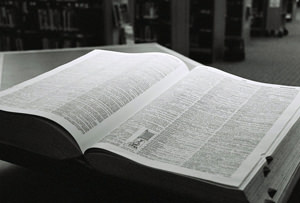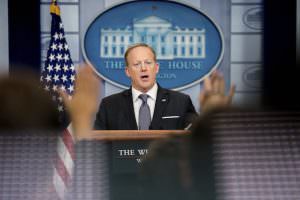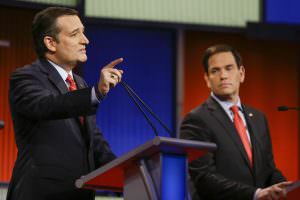‘Literally’ Is Literally Old News
The Oxford English Dictionary now includes a common yet incorrect usage of the word "literally." The entry states the word can be employed “for emphasis rather than being actually true.”
The Oxford English Dictionary now includes a common yet incorrect usage of the word “literally.” The entry states the word can be employed “for emphasis rather than being actually true.” This blasphemous news has upset many logophiles recently, but what many seem to ignore is the fact that this definition was added in 2011.
The dictionary’s senior editor, Fiona McPherson, laughs at this fact when saying, “It seems to have literally slipped under the radar.” The Telegraph features an explanation of the addition:
Mark Twain used the more modern sense of the word in The Adventures of Tom Sawyer. In 1876 he wrote: “And when the middle of the afternoon came, from being a poor poverty-stricken boy in the morning, Tom was literally rolling in wealth.”
The oldest documented incorrect use of the word is 1769 when the author Frances Brooke wrote, in The History of Emily Montague: “He is a fortunate man to be introduced to such a party of fine women at his arrival; it is literally to feed among the lilies.”
Ms McPherson said: “Our job is to describe the language people are using. The only reason this sense is included is because people are using it in this way. Words have changed their meaning ever since the first word was uttered. Meat used to mean all food but now its sense has narrowed.”
In other words, languages are living, growing organisms and dictionaries are meant to reflect their constant expansion, so those making a fuss about the revised entry need to get over it, literally.
—Posted by Natasha Hakimi
Your support matters…Independent journalism is under threat and overshadowed by heavily funded mainstream media.
You can help level the playing field. Become a member.
Your tax-deductible contribution keeps us digging beneath the headlines to give you thought-provoking, investigative reporting and analysis that unearths what's really happening- without compromise.
Give today to support our courageous, independent journalists.






You need to be a supporter to comment.
There are currently no responses to this article.
Be the first to respond.